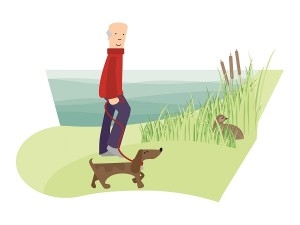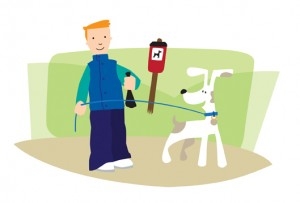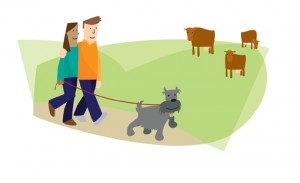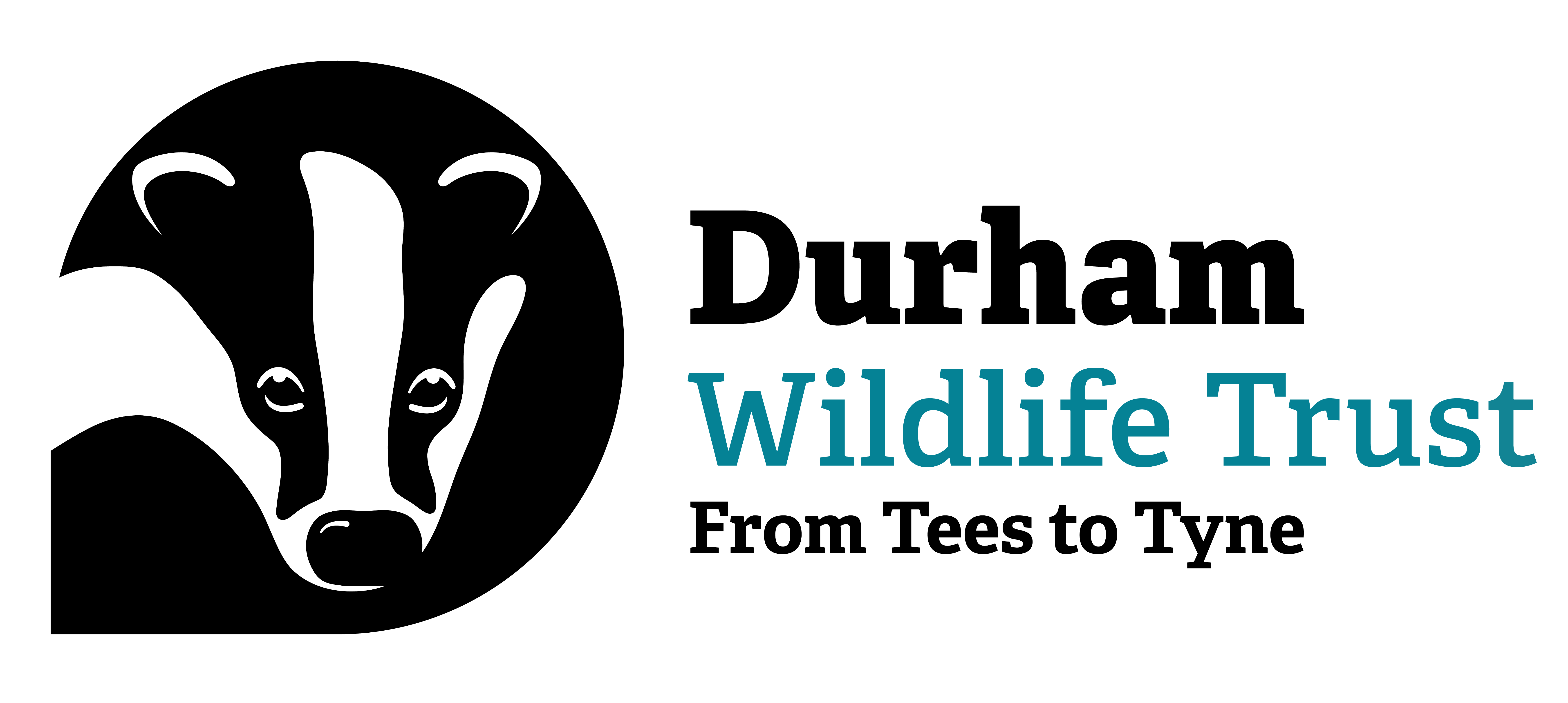Dog Walking on Wildlife Trust Nature Reserves
We have a ‘dogs on lead permitted’ policy on our sites. If you are planning to take your dog to a nature reserve, please act responsibly during your visit and help us to keep our sites safe for wildlife by doing the following:

This helps to minimise the distress and disturbance caused to local wildlife. If your dog is off the lead and out of sight it may well be causing disturbance to wildlife which can cause a reduction in breeding success and ultimately a decrease in population numbers.
At all of our reserves, it is a requirement that dogs are kept on leads, even if your dog remains under close control when off-lead, by having your dog off you may encourage other people to let their dogs off, who may not stay close.
Always pick up after your dog

Dog mess is not only an unsightly health hazard for visitors, reserve staff and volunteers, it also promotes the growth of weeds and discourages the growth of wildflowers. It can also spread disease and pathogens. For example, when volunteers are out strimming the paths to keep them clear for visitors, dog mess can end up in their eyes which could lead to serious injury or even blindness. Our reserves are regularly used by families and reserve staff need to ensure people aren’t at risk from coming into contact with dog mess. Please put your waste in the bins provided or take it home with you.
Do not allow your dog to swim in areas of open water
Please do not encourage your dog to swim in ponds, rivers or other water bodies. Not only does this cause disturbance to wildlife in and around these areas of open water, it also increases the risk of transferring invasive and harmful plants such as New Zealand pygmyweed (Crassula helmsii), or amphibian diseases such as Ranavirus from one area to another.
Be aware of grazing animals

A large majority of our nature reserves are managed with the help of grazing animals during certain times of the year, for example the Exmoor Ponies at Rainton Meadows and the Belted Galloway Cattle at Cross Gill. On these sites your dog must be kept on a lead to avoid any stress to the animals and to reduce the risk of altercations between livestock and your dog.
Consider other visitors
Durham Wildlife Trust welcomes a huge variety of visitors to our nature reserves, from wildlife enthusiasts to school groups and ramblers. Please be aware that dogs can cause risk to other users, even unintentionally. Not everyone is fond of dogs and some have severe phobias. Other reserve users can feel extremely uncomfortable when a dog runs up to them even though the dog may be friendly and harmless. Small children are especially in danger from loose dogs, ranging from simply being knocked down by an enthusiastic dog to being bitten or seriously harmed. Please keep your dog on a lead.
Thank you for your understanding and co-operation. We do hope you enjoy visiting our nature reserves.
